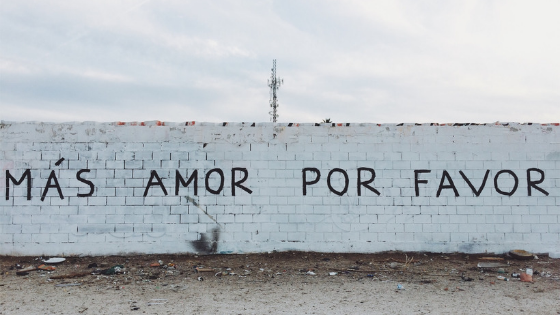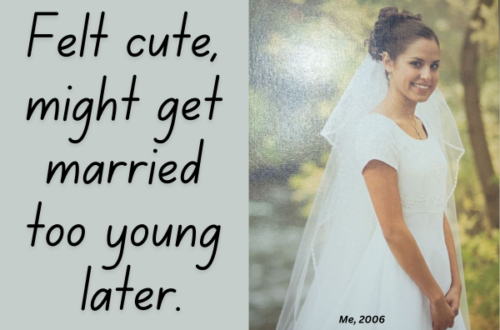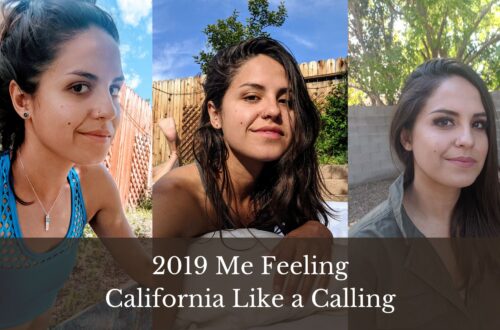
Wistful August Wrap-Up
August was good to me. I used it right up and our almost 600-page book is just a couple more steps from being ready to order proofs. Now I’m in a weird lull as the things left to be done are in the hands of others. I met my benchmarks a few days ahead of schedule and I have a moment to forget the weeks and months ahead until launch. Instead I look backward. I consider what I’ve personally put into this book and why, what it communicates to me and what I hope it will communicate to others, and also how much I love my dad.
I never would have devoted three years to a project at half my freelance rate for just anyone unless I really felt I owed them something. And I owe my dad everything. I got to be born where I was born, with more to eat then he got to eat, and the exact mother I got to have, the college I got to go to, the friends I got to make, and the person I got to fall in love with. I’m happy in the life that was made possible for me. It makes me resist imagining any alternative, makes me grateful.
Still, “what ifs” are a typical thought experiment I’m sure many of us have conducted throughout our lives. What would have happened if I’d never moved from my childhood home? Who would I be if my parents had never met, if my dad had never transformed his life? For children of immigrants, this experiment can cast you thousands of miles away. You try to place yourself in your parents’ shoes and imagine the journey that brought them to another country. In my dad’s case, the Mormon church facilitated his coming to the U.S., first when he and his family were baptized into it (he was sixteen), and then when he was accepted to Brigham Young University. In fact, his application was rejected at first, then he made a special trip to Salt Lake City. His plan was to talk to the president of the church. Instead he was pointed to the Director of Education at the time, Jeffrey R. Holland. As the story goes, his reputation as a Mormon missionary in Veracruz preceded him and he was finally accepted.
A Special Kind of Courage
Emigrating from your native country takes a special, intrepid courage. Imagine taking home engineering textbooks in a foreign language, knowing that you must first master that second language before you can pass your classes. Imagine leaving scenes of racism/colorism even in your native country because of your mixed indigenous heritage and then entering new ones in another country as an immigrant.
As much as the church has had a net positive on my family’s life, at the time my parents married, it was still discouraging interracial marriage. Actually, Mormon leaders have “recommended against” miscegenation in official publications even into the early 2000s. My parents, and many others in the church, don’t like to dwell on this, and the counsel was explained to me as a child that “what they really meant” was mixing cultures can introduce difficulty in marriage and that these “cultures” can even include those that differ from household to household in the same neighborhood. Every family has a different way of doing things and brings potential obstacles to the table.
(Also don’t my parents make a beautiful a couple?)
However, my parents’ philosophy isn’t the official interpretation, or at least wasn’t how a Mormon apostle explained it ten years before I was born: “We’ve always counseled in the Church for our Mexican members to marry Mexicans, our Japanese members to marry Japanese, our Caucasians to marry Caucasians, our Polynesian members to marry Polynesians… The counsel has been wise”—Boyd K. Packer, 1977. Other family members believed or explained to me that my parents had sinned by marrying and that I would be sinning too if I married someone white. (I share more of my thoughts on this here.) But people change, organizations change, and I think/hope you’d have a hard time finding a Mormon who still believes this. I’m happy to say that the Mormons I know and love don’t believe it.
Bringing Important Topics to the Book
Among other things, The Music of Pedro touches on issues of racism and colorism. It was important to me in my rewrites that the topics were consciously attended to. As much as our society doesn’t like to “dwell on it,” the issue is there and I want to look at it, I want to talk about it. It’s the only way to address and combat it. There have been people who’ve expressed surprise or doubt when I say that my dad has had negative experiences in the United States due to his race, that he’s been profiled, stereotyped, insulted, denied career opportunities or met with unique obstacles. Their surprise surprises me.
When I first started bringing my fiancé LT around the family, one of my nephews, on meeting him, proudly announced, “We’re Mekisans!” Recently, another nephew was told at school that his crush didn’t like him because he was Mexican—just a symptomatic taste of what we are, like it or not, still contending with as a nation in 2019. Our children can proudly own theirs and others’ diversity or continue the regressive and crippling tradition of marginalizing each other, depending on what they see and hear from the adults who should be guiding them onto kinder paths.
How we talk about the men, women, mothers, fathers, and children at our southern border, how we grieve, dismiss, or decry the travesty of compassion, humanity, and order taking place—can’t “the greatest nation on earth” manage a kinder, smoother way to process immigrants and asylum seekers?—informs how our children will talk and think about their neighbors.
I think about my grandma Emilia, how her oldest children, including my twelve-year-old dad, worked sugar cane fields for the money to afford the partera who would deliver his baby sister. I imagine an alternate history, her making that “pioneer’s” trek to the border as a young mother in desperation and hope, lacking the means, time, connections to cross “legally”—separated from her children, my dad and his siblings in cages. She didn’t have my father’s education; she couldn’t have followed the route he took.
I’m grateful for my dad’s path, for his voracious and impetuous mind, his courage. He was the spearhead for his family’s immigration to the U.S., his ambition to study at the school founded by his faith, his intention to return to Mexico until he met my mom. Every immigration story is different and even if my father’s had its difficulties, today’s are especially fraught with politics and judgment, crippled by red-tape and a fear of difference so deep that babies are dying behind bars, children are internalizing unconscionable trauma that will mark them for the rest of their lives. I must think of them when I try to apply significance to what I write, when I ponder my own heritage, privilege, and responsibility.
My dad wrote his book originally to share a piece of himself with his new neighbors, his story. It took me a while to help him share it, but now that we’re on the cusp of completion and I have a moment for reflection, I feel wistful and honored to have become a part of the story myself.





One Comment
Angela Johnson
This was such a good read! Thank you! What’s interesting is most every marriage deals with the differences in culture because of the differences in upbringing. In my own marriage we have had difficulties, and still do, because of how different we were raised. So the only difference between same race marriages and interracial marriages really is just the skin color. And the color of skin should make no difference, and is very unfortunate it does. My fairer skinned children will likely never be told they are not liked for being Mexican like one of my tan skinned child was. Interesting.